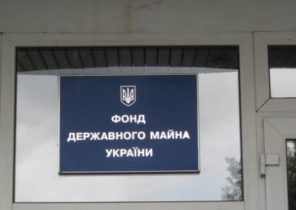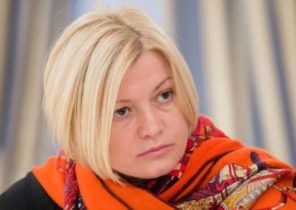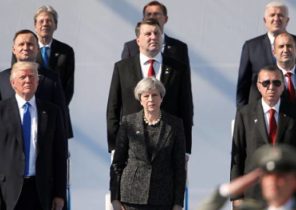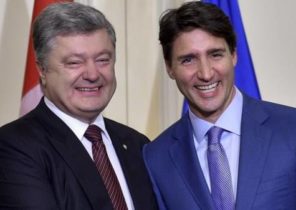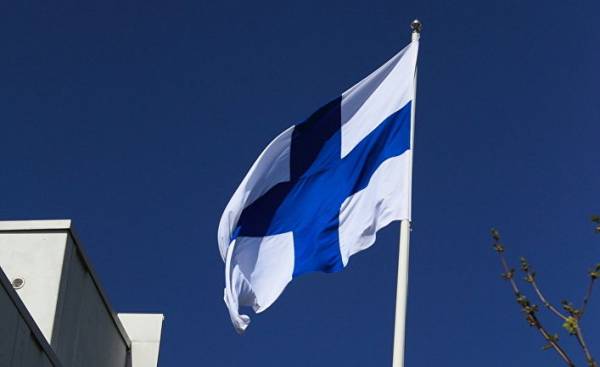
Russian speakers in Finland
• At the end of 2016 in Finland, lived 75 444 people, who consider Russian language as their mother tongue.
• The election was attended by 164 Russian-speaking candidates, of whom only four were held in municipal authorities.
• In the municipal elections of 2012, the percentage of Russian-speaking voters from the total number of persons having the right to vote, 16% (more recent data are available).
Although Russian-speaking minority is the largest foreign minority in Finland and is more than 75 thousand people, in municipal politics, their activity is not very strong.
In the last municipal elections of Finland participated 164 Russian-speaking candidates, but, according to preliminary results, only four of them passed to municipal authorities. In the municipal elections of 2012, the percentage of Russian-speaking voters from the total number of persons having the right to vote was only 16%. More recent data are not yet available.
One of the last candidates is Rouvas Maria (Maria Roivas) from the city of Joensuu, which the first attempt took place in the city’s Board of commissioners, 221 typing voice. Second language 20-year-old Roivas is Russian.
“My mother was born in Petrozavodsk, I speak Russian with his mother and relatives who live in Russia. I learned Russian before beginning to study the Finnish language, although living all his life in Joensuu,” says newly elected city Commissioner.
Maria Rojas says that its origin is of great importance to the work of the municipal authority.
“In Joensuu, a lot of Russian-speaking residents. They need a representative with whom they could contact in order to resolve their issues.”
Russian-speaking candidates should be of interest to both immigrants and the indigenous population.
The researcher believes that four of the past Russian-speaking candidate too little.
“The Russians continue to remain invisible minority, who are poorly represented in politics, cultural life and administration,” says a scientist and researcher of folk traditions of the University of Eastern Finland Olga Davydova-mengue (Olga Davydova-Minguet).
According to mengue, those who have passed in municipalities or became candidates were able to develop such a plan of action that voted for them as immigrants and the indigenous population.
“It is important that the questions put forward in the election program was attractive to all”
Davydova-Meng believes that the weak activity of the Russian population can speak Russian electoral culture. A General distrust of politics is from the Soviet and post-Soviet times.
“Learned then that politics is a way to promote personal rather than public interests. Unfortunately, the frustration in politics is very strong in Russia”.
“On the other hand, there are active people who are living in Russia, took part in local politics. They advocated the preservation of the nearby parks or housing organization for homeless animals.”
Bilingual youth have the potential to participate in municipal elections in the future
Sister city Joensuu — Petrozavodsk. Budding my activity as a representative of the municipality from the green Party Maria Rojas hoped that it will contribute to the development of international cooperation.
“In Joensuu really a lot of Russian-speaking residents, but we still have a lot of Russian tourists, trade relations with the neighboring country is very important,” recalls Rojas.
Researcher Olga Davydova-mengue see the possibility of increased activity of the Russian-speaking population in the municipal elections in the future.
“Are people who want to participate in local politics. Usually they are already very well integrated into Finnish society: know languages, know what I’m saying, understand the activities of parties and society.”
“Bilingual young people, born here, also a lot of potential. They understand what it’s like to be a Finn and to be of immigrant origin.”
